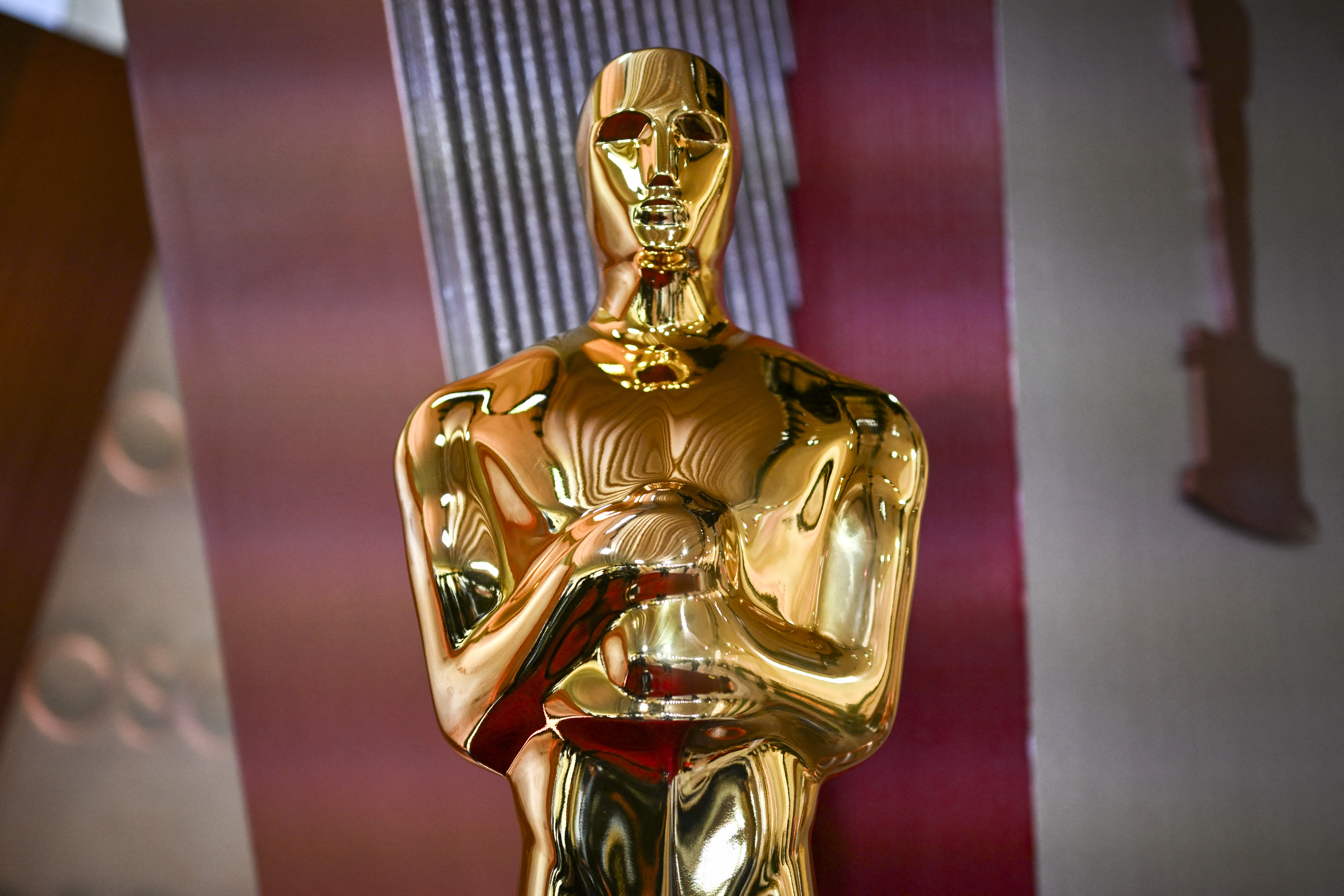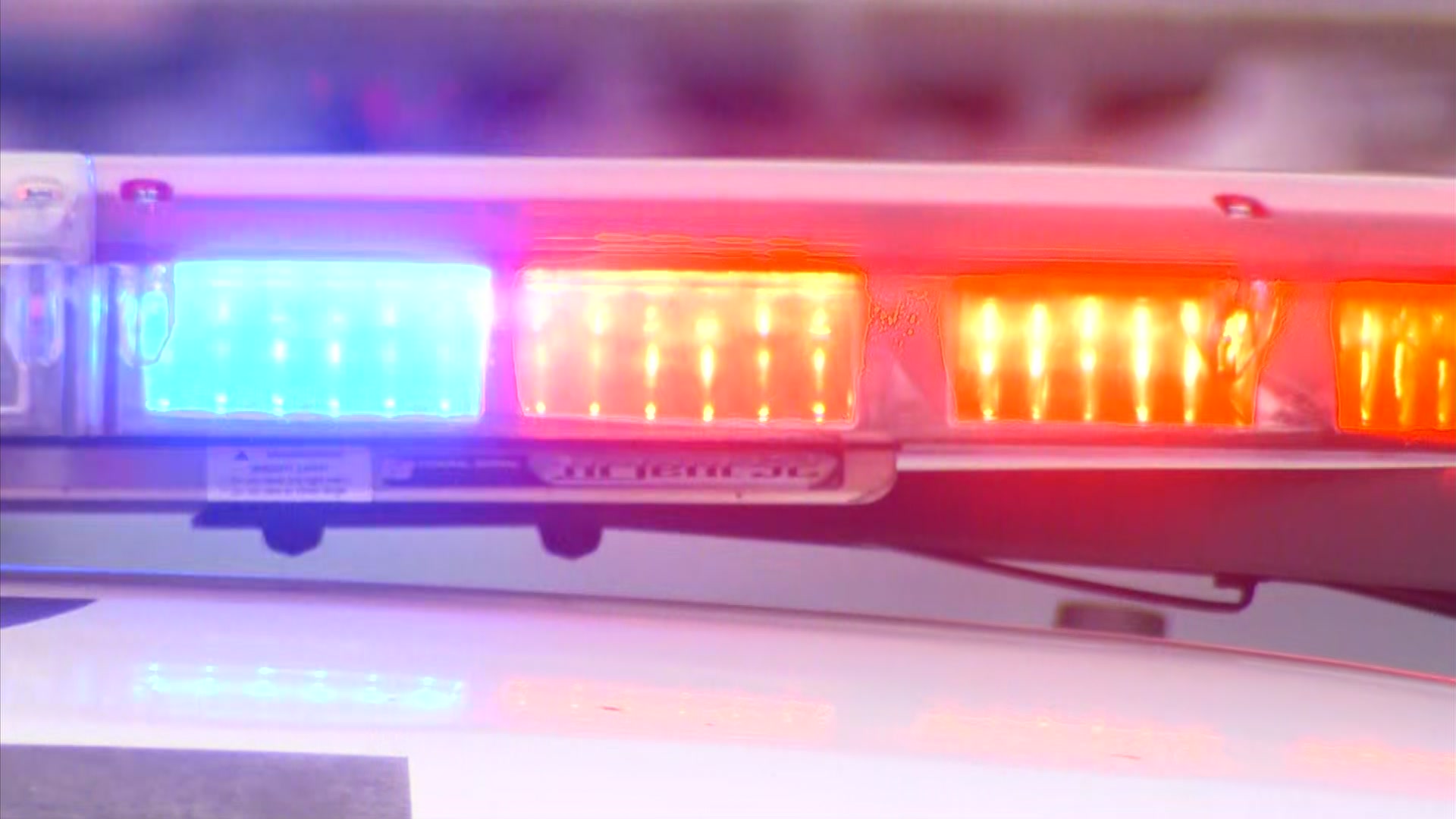Illinois residents could soon receive a check as part of a new settlement in a class-action lawsuit against Google, claiming the company violated a state privacy law.
Illinois residents could soon receive a check as part of a new settlement in a class action lawsuit against Google, claiming the company violated a state privacy law.
The lawsuit, which mirrors one recently settled with Facebook that resulted in many residents receiving checks last month, claimed the company violated the Illinois Biometric Information Privacy Act by "collecting and storing biometric data of individuals who, while residing in Illinois, appeared in a photograph in the photograph sharing and storage service known as Google Photos, without proper notice and consent."
A settlement agreement was reached in the case earlier this year and now, eligible residents can file their claims. Google did not immediately respond to NBC 5's request for comment, but did not admit any wrongdoing as part of the settlement agreement and denied all claims made in the lawsuit.
Here's what you need to know if you want to submit a claim:
Who is eligible?
According to the settlement website, residents are eligible "if, at any time between May 1, 2015 and April 25, 2022, you appeared in a photograph in Google Photos while you were an Illinois resident."
When can I submit claim and what is the deadline?
Local
Eligible residents can submit a claim now through Sept. 24. All claims must submitted by that date to be eligible for a payment.
For those wishing to object or exclude themselves from the settlement, that deadline is Aug. 10.
Feeling out of the loop? We'll catch you up on the Chicago news you need to know. Sign up for the weekly Chicago Catch-Up newsletter.
A final approval hearing is slated for Sept. 28.
How do I submit my claim?
Those looking to submit a claim can do so here.
How much money could I get?
Those who are eligible will receive a portion of the $100 million settlement fund, after court fees, costs and expenses are deducted. But how much each person will get remains unclear.
"No one knows in advance how much each valid claim payment will be until the deadline for submitting claims passes and the Court awards the Fee and Expense Award and Service Payments," the settlement website states. "Each Class Member who submits a valid claim will receive an equal proportionate share of the Net Settlement Fund."
Attorneys in the case estimate, based on their experience and similar cases, that each claim could be worth between $200 and $400.
When would I get my payment?
If the final approval is granted and any potential appeal process is completed, eligible participants could receive their payments within 90 days. The final approval hearing is set for 10:30 a.m. on Sept. 28.
Attorneys warn, however, that even if the court approves the settlement, there may still be appeals in the case.
"It is always uncertain whether and when appeals can be resolved, and resolving them can take time," the website states.
What is the Illinois Biometric Information Privacy Act?
Illinois’ Biometric Privacy Act prohibits private sector companies and institutions from collecting biometric data from unsuspecting citizens in the state or online, no matter where the business is based. Data cannot be sold, transferred or traded. Unlike any other state, citizens can sue for alleged violations, which has sparked hundreds of David-and-Goliath legal battles against some of the world’s most powerful companies.
If a company is found to have violated Illinois law, citizens can collect civil penalties up to $5,000 per violation compounded by the number of people affected and days involved. No state regulatory agency is involved in enforcement.
Since BIPA is an Illinois law, it only applies to state residents.
Which other companies are being accused of violating the Illinois law?
Most recently, more than one million Illinois Facebook users begin receiving checks following a $650 million settlement in a class-action suit alleging it violated residents' rights by collecting and storing digital scans of their faces without permission. Microsoft, Amazon and Google are among the companies that have also been accused of violations.
A class-action lawsuit has also been brought against Snapchat's parent company, accusing the social network of violating the act.



